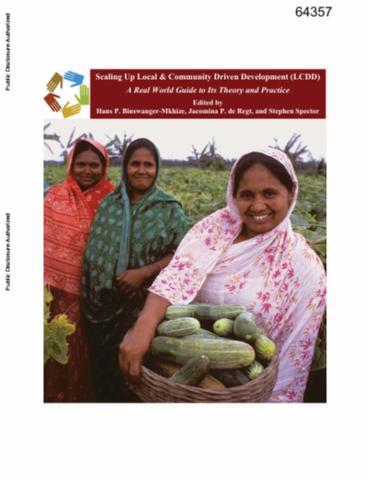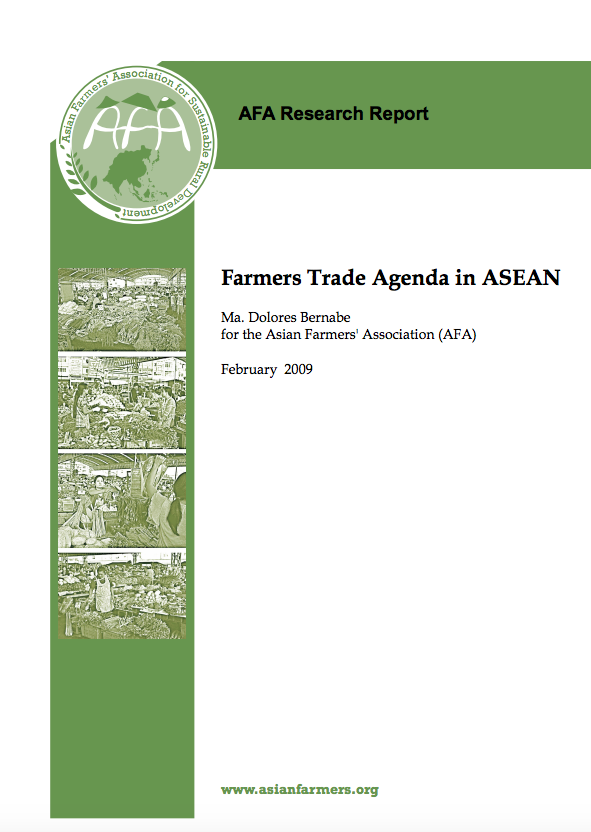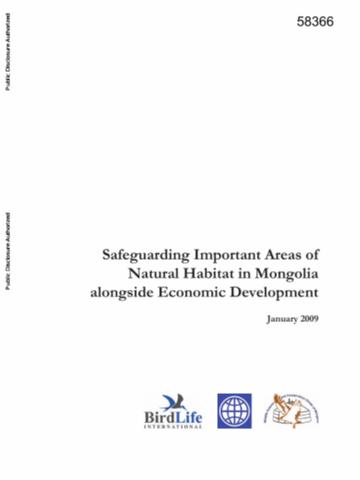Plant species richness and composition in the arable land of Kosovo
This study investigates today’s plant species richness and composition in cultivated and recently abandoned
arable land of Kosovo. Relationships between these aspects of vegetation and both environmental features
and agricultural management measures are studied at the regional and plot scale. In 2006, 432 vegetation relevés
with a standard plot size of 25 m² were recorded in cultivated fields. In 2007, data collection focussed on 41 plots
in arable fields that had been abandoned the year before. With respect to the environment, data analysis accounts









